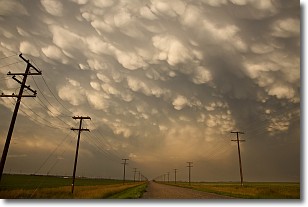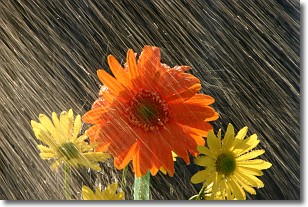Weather Alert in Vermont
Air Quality Alert issued August 2 at 4:48PM EDT by NWS Burlington VT
AREAS AFFECTED: Western Addison; Orange; Western Rutland; Eastern Addison; Eastern Rutland; Western Windsor; Eastern Windsor
DESCRIPTION: The Vermont Agency of Natural Resources has issued an Air Quality Health Advisory for Code Orange or Unhealthy for Sensitive Groups category due to Fine Particulates for Eastern Addison, Eastern Rutland, Eastern Windsor, Orange, Western Addison, Western Rutland, and Western Windsor from midnight tonight to midnight EDT Sunday night. The air quality index, or AQI, is expected to approach or exceed the Code Orange or Unhealthy for Sensitive Groups category due to Fine Particulates. When pollution levels are in the Unhealthy for Sensitive Groups category, the Vermont Department of Health recommends that these individuals consider limiting strenuous outdoor physical activity to reduce the risk of adverse health effects. People who may be especially sensitive to the effects of elevated levels of pollutants include the very young, older adults, and those with preexisting respiratory problems such as asthma or heart disease and those working outside. Those with symptoms should consider consulting their personal physician. Sensitive groups should reduce prolonged or heavy exertion. It's okay to be active outside, but take more breaks and do less intense activities. Watch for symptoms such as coughing or shortness of breath. People with asthma should follow their asthma action plans and keep quick relief medicine handy. If you have heart disease: symptoms such as palpitations, shortness of breath, or unusual fatigue may indicate a serious problem. If you have any of these, contact your healthcare provider. An Air Quality Action Day means that particulate concentrations within the region may approach or exceed unhealthy standards. For additional information, please visit the Vermont Agency of Natural Resources web site at https://dec.vermont.gov/air-quality/local-air-quality-forecasts.
INSTRUCTION: N/A
Want more detail? Get the Complete 7 Day and Night Detailed Forecast!
Current U.S. National Radar--Current
The Current National Weather Radar is shown below with a UTC Time (subtract 5 hours from UTC to get Eastern Time).

National Weather Forecast--Current
The Current National Weather Forecast and National Weather Map are shown below.

National Weather Forecast for Tomorrow
Tomorrow National Weather Forecast and Tomorrow National Weather Map are show below.

North America Water Vapor (Moisture)
This map shows recent moisture content over North America. Bright and colored areas show high moisture (ie, clouds); brown indicates very little moisture present; black indicates no moisture.

Weather Topic: What are Mammatus Clouds?
Home - Education - Cloud Types - Mammatus Clouds
 Next Topic: Nimbostratus Clouds
Next Topic: Nimbostratus Clouds
A mammatus cloud is a cloud with a unique feature which resembles
a web of pouches hanging along the base of the cloud.
In the United States, mammatus clouds tend to form in the warmer months, commonly
in the Midwest and eastern regions.
While they usually form at the bottom of a cumulonimbis cloud, they can also form
under altostratus, altocumulus, stratocumulus, and cirrus clouds. Mammatus clouds
warn that severe weather is close.
Next Topic: Nimbostratus Clouds
Weather Topic: What is Precipitation?
Home - Education - Precipitation - Precipitation
 Next Topic: Rain
Next Topic: Rain
Precipitation can refer to many different forms of water that
may fall from clouds. Precipitation occurs after a cloud has become saturated to
the point where its water particles are more dense than the air below the cloud.
In most cases, precipitation will reach the ground, but it is not uncommon for
precipitation to evaporate before it reaches the earth's surface.
When precipitation evaporates before it contacts the ground it is called Virga.
Graupel, hail, sleet, rain, drizzle, and snow are forms of precipitation, but fog
and mist are not considered precipitation because the water vapor which
constitutes them isn't dense enough to fall to the ground.
Next Topic: Rain
Current conditions powered by WeatherAPI.com




